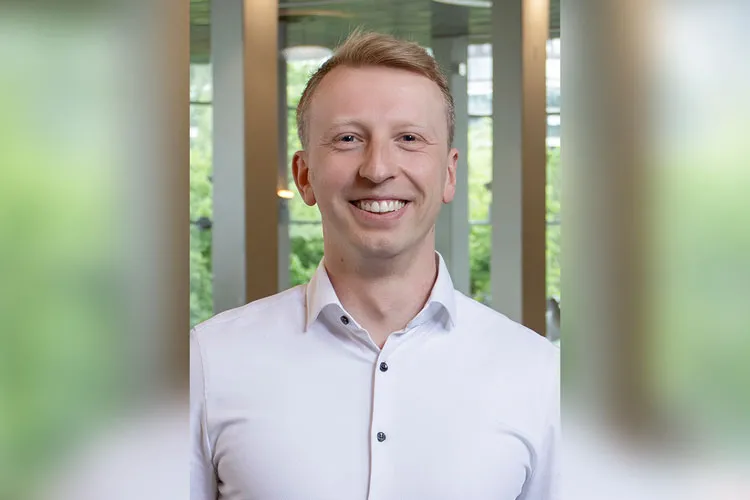

Yannick Hill, Ph.D.
Assistant Professor Vrije Universiteit Amsterdam, Faculty for Behavioral and Movement SciencesBiography
Dr. Yannick Hill completed his bachelor’s in psychology at the University of Groningen in 2012 and his master's in 2016 (Free Choice with a major focus on Talent Development in Sports). The same year, he began his Ph.D. trajectory in the Department of Developmental Psychology under the supervision of Prof. Nico W. Van Yperen, Dr. Ruud J. R. Den Hartigh, Prof. Rob R. Meijer, and Prof. Peter de Jonge. His dissertation, titled "A Dynamical Approach to Psychological Resilience" was successfully defended in 2020. Previously, Dr. Hill worked as a postdoc at the Institute for Sport and Sport Science at Heidelberg University. In this role, he worked on an EU Horizon 2020 project which focused on resilience in medical first responders. Currently, Dr. Hill is an assistant professor at the Vrije Universiteit Amsterdam, Faculty for Behavioral and Movement Sciences and holds a position as a program manager at the Amsterdam Institute of Sport Science. In 2025, he spent a 3-month visit to the University of North Carolina at Chapel Hill as a visiting scholar.
Click here to view Dr. Hill's CV
Research Interests
Dr. Hill's research focuses on understanding and capturing the dynamic process of resilience over time. Thus far, his main focus has been on the study of resilience in human sports and motor performance. He has recently expanded his research to general psychology as well. For example, during the postdoc, Dr. Hill's focused on examining resilience in medical first responders who have been exposed to mass casualty incidents. His recent papers (e.g., Den Hartigh & Hill, 2022; Hill & Den Hartigh, 2024; Hill, Dolezal et al., 2024, Hill, Morison et al., 2024) discuss conceptual issues within resilience research. Currently, Dr. Hill is part of a large consortium in the Netherlands that investigates the mechanisms of (de-)escalating conflicts between different kinds of frontline workers and other civilians (NWA ORC project DE-ESCALATING).